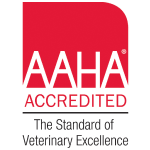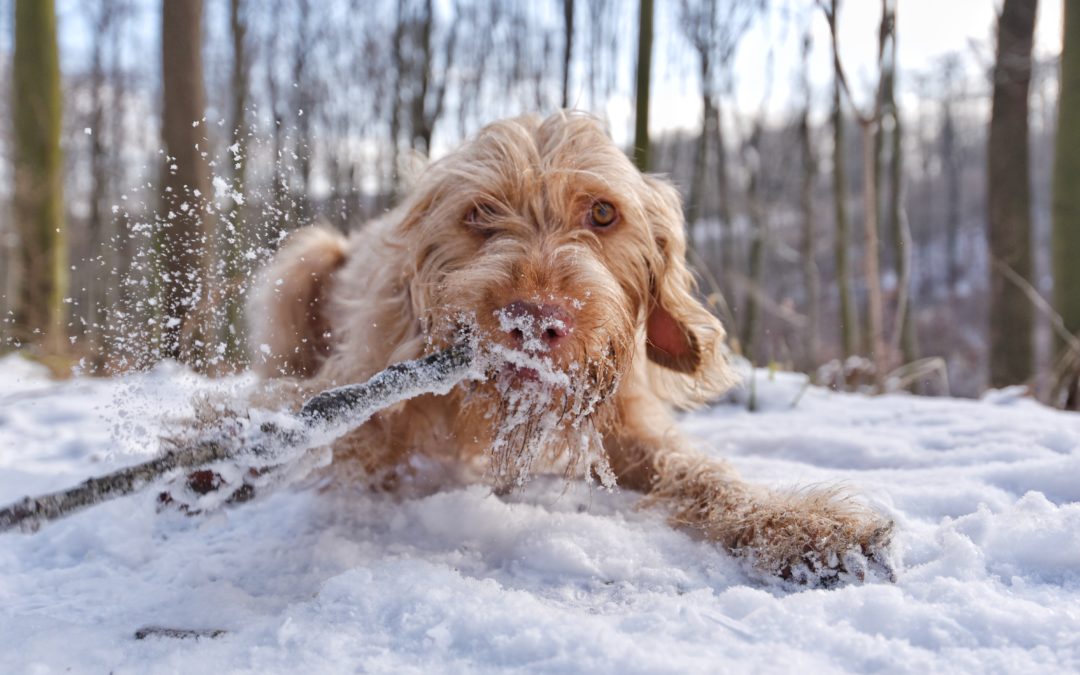Minnesota winters can be harsh. As you prepare for the cold months ahead, it’s essential to take some extra precautions to keep your pets safe this winter. From paw injuries to hypothermia, South Hyland Pet Hospital has seen it all. We hope these tips will help keep your pet healthy and out of danger this winter.
Protect the Paws
During the winter months, paw injuries are a common problem. Paw pads can become dry and cracked from the cold air. Deep cracks can be extremely painful and may even bleed. But the cold air isn’t the only danger to your pet’s feet.
As the snow and ice accumulate on sidewalks and roads, salt and other chemicals are often used to melt the ice. Unfortunately, these can be pretty dangerous to your pet. They can dry out your pet’s paws faster and may even cause chemical burns. When picking ice-melting products for your home, look for pet-friendly options. After you return from a walk, always make sure to thoroughly clean your pet’s paw to remove any harmful substances.
Prolonged exposure to snow and ice can also put your pet at increased risk of frostbite. Paws may become discolored and painful to the touch. If you suspect your pet may be suffering from frostbite, please give us a call at 952-884-1868. Immediate veterinary care is essential.
Since paw pad injuries are so common during the winter, make sure you check your dog’s paws regularly. If you notice any cracking or discomfort, try using a paw balm to provide your pet some relief. Additionally, you may want to limit your walks or invest in some pet booties to help keep the paws safe.
Hypothermia
Like humans, pets can experience hypothermia when exposed to cold temperatures for a prolonged period of time. Signs of hypothermia include shivering, incoordination, lethargy, and weakness. In severe cases, dogs may collapse and experience a slow or irregular heart rate.
If you suspect your dog is suffering from hypothermia, it is critical to get them immediate care. You can wrap your pet in a warm blanket or towel to provide some initial help. The rewarming process must be done gradually, and emergency veterinary care is critical. If your emergency occurs outside of our normal business hours, you should take your pet to the nearest emergency or urgent care center. You can find a list of emergency animal clinics in our area here.
Embrace the Indoors
Keeping your pet safe this winter may mean spending some extra time indoors. Make sure you bring your pets in at night and limit their time outside when the temperatures drop. Since many pets get most of their exercise outdoors, you may need to increase your pet’s activity level in the house. Consider scheduling some extra indoor playtime and try activities that keep your pet moving. A game of indoor fetch or a new food puzzle can be helpful to keep your pet active and entertained.
At South Hyland Pet Hospital, your pet’s health and safety are our top priority. If you have any additional questions about your pet or cold weather safety, please give us a call or set up an appointment to see us. Stay warm!
Image credit: Pexels



